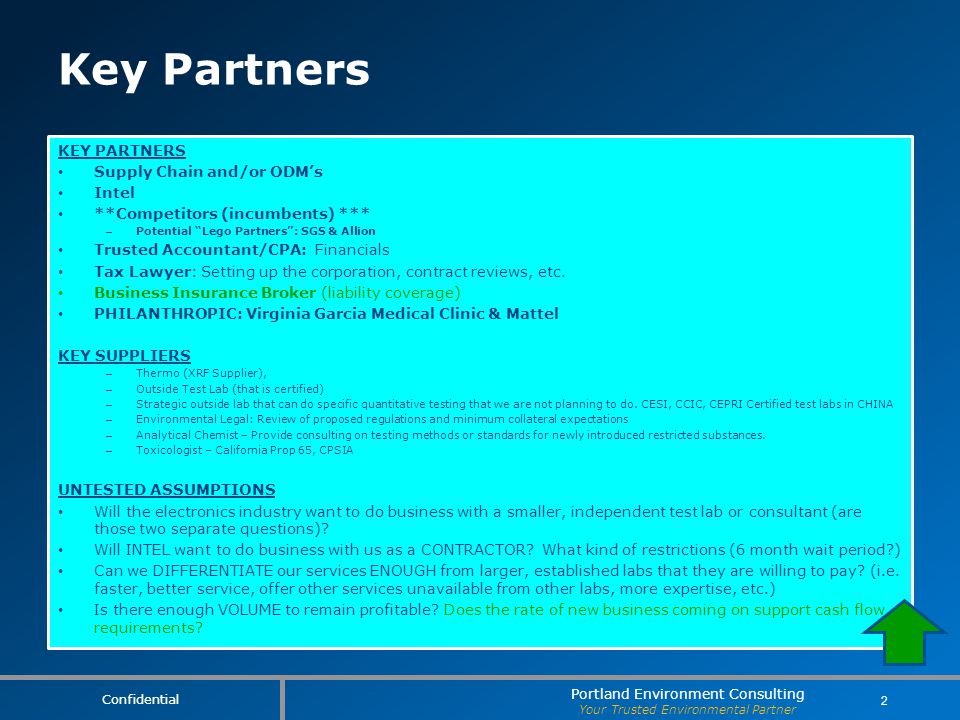
Associating with consultants is a low-salary job compared to others. If you show your employer that your work is excellent, your salary can be increased. The more satisfied the boss is, the more likely they are to give you a raise. This is why it is so important to keep track of your successes and to be able to share them with your boss in your review.
Base salary
The Base Consultant Associate salary represents the base salary that a consultant associate makes before taxes and benefits. It excludes all forms of additional compensation, such as commissions, profit sharing, and overtime pay. It is important to realize that the pay scale for Associate Consultants varies greatly depending on where you live and how many years of experience.
Most associate consultant positions require at least a bachelor's degree. You may be able to specialize in different areas, like computer science, engineering or business administration. You may also be able to get a doctorate or other degrees that can help you increase your income and your career prospects.

Competitive starting salary
As a consultant associate, the starting salary will typically range between 26-30 L and include a bonus component. The MBB can affect the bonus value. It could be 50-1500%. Consulting firms are known to hire both specialist and experienced employees from schools outside of their target areas. According to McKinsey & Company, the most recent MBA intake was composed of 19% direct hires, with analysts coming from over 370 universities.
Although consulting salaries aren't set in stone, signing bonuses may be paid upfront when you sign with a company. Your firm may sponsor you and offer additional bonuses. These offers may sound appealing but you should look at other possibilities before you commit.
Experience required
Experience and education are essential for success as a consultant. A bachelor's level is common. However, many associate consultants have a masters. If you have only a high school diploma, you might not be able to make the grade, so make sure to complete your education. Associate consultants often have degrees in finance, computer science, and business.
Experience in the consulting industry will help you earn more money. However, experience does not always determine pay. Education and certifications will have an impact on your salary. Check out the Professional Salary Report for more information.

Future margins
The future margins in the consulting industry are at risk from rising salaries. Despite the fact that revenue has risen and M&A activity is steady, future salary inflation threatens the consulting industry. Even though firms have been able reduce their operational costs to protect their margins, it is not enough. Companies may start to prioritise hiring pre-MBA employees over MBAs.
Average salary in your state
An Associate Consultant should earn around $84,047 each year. There are, however, differences among states. The District of Columbia pays about the same average. Associate Consultants with the highest salaries earn approximately $133,000 per annum, while those with the lowest income earn around $101,000. The average sales consultant's salary should be approximately $50,000
FAQ
What qualifications are necessary to become a consultant
You don't just need to have a MBA, you also need to demonstrate your ability as a business consultant. Two years experience should be gained in consulting or training for a major corporation.
It is essential that you have experience working closely with senior management on strategic development projects. This means you'd have to be comfortable presenting ideas to clients and getting buy-in.
Additionally, you will need to pass a professional qualification such as the Chartered Management Institute Certified Management Consultant (CMC).
Is it possible for a consulting business to be run from home?
Absolutely! Many consultants do this already.
Freelancers often work remotely through tools like Skype and Trello, Basecamp, Basecamp, Dropbox, and Slack. Many freelancers set up their own office space to avoid missing out on company perks.
Some freelancers prefer to work in cafes or libraries instead of in a traditional office environment.
Some choose to work remotely because they are surrounded by their family.
Although working from home is a great option, there are some downsides. But if you love your job, it's definitely worth considering.
Are consulting incomes subject to tax?
Yes, you must pay tax on the consultancy profits. It depends on how much income you make per year.
If you are self-employed, expenses can be claimed on top of your salary. These expenses include rent, childcare and food.
You can't deduct the interest on loans, vehicle damage, or equipment costs.
If your annual income is less than PS10,000, you can only claim 25% back.
However, even if your earnings exceed this threshold you may still be subject to tax depending on whether or not you are a contractor or an employee.
Employers are taxed via PAYE (pay as your earn), and contractors through VAT.
What skills are required for consulting?
Strong interpersonal and analytical skills are essential for consultants. This is because you could be asked questions or not know what you are doing. You need to be able to manage people quickly and solve problems efficiently.
Communication skills are essential. Clients expect a response within 24 hours. They assume that you won't respond if they don't hear from them within 24 hours. It is crucial that you keep them up to date and make sure they know what's happening.
Statistics
- According to IBISWorld, revenues in the consulting industry will exceed $261 billion in 2020. (nerdwallet.com)
- 67% of consultants start their consulting businesses after quitting their jobs, while 33% start while they're still at their jobs. (consultingsuccess.com)
- WHY choose me: Why your ideal client should choose you (ex: 10 years of experience and 6-week program has helped over 20 clients boost their sales by an average of 33% in 6 months). (consultingsuccess.com)
- "From there, I told them my rates were going up 25%, this is the new hourly rate, and every single one of them said 'done, fine.' (nerdwallet.com)
- On average, your program increases the sales team's performance by 33%. (consultingsuccess.com)
External Links
How To
What is a typical day for a consultant?
The type of work that you are doing will affect the typical day. You will be spending time researching, planning new ideas, meeting with clients, and creating reports.
Clients will often meet with you to discuss their problems. These meetings can be held over the telephone, online or face-to face.
Also, proposals are documents that outline your ideas or plans for clients. These proposals will be presented to clients by you and a mentor.
You will need to create content after all your planning and preparation. This could include writing articles, designing websites or editing photos.
It depends on the project's scope, you might need to do some research to collect relevant statistics. For instance, you might want to find out how many people you have and if they are buying more than just one product or service.
After gathering enough information, you can present your findings to clients. Your findings may be delivered orally, or written.
After your initial consultation with clients, you need to keep in touch. You might contact them regularly to check on their progress or send them emails to confirm they have received your proposal.
Although this process can take time, it is important to stay focused and build good relationships with your clients.